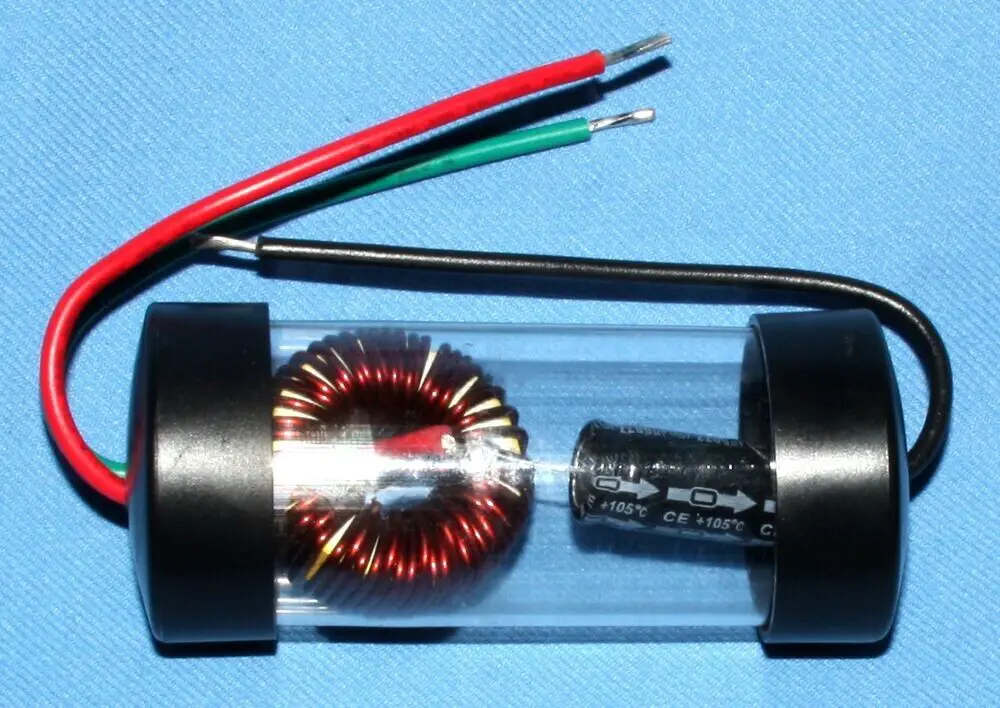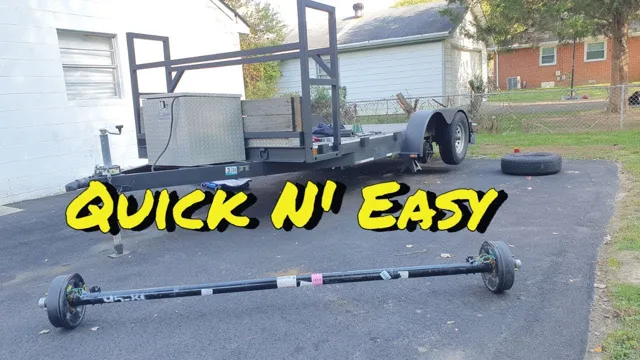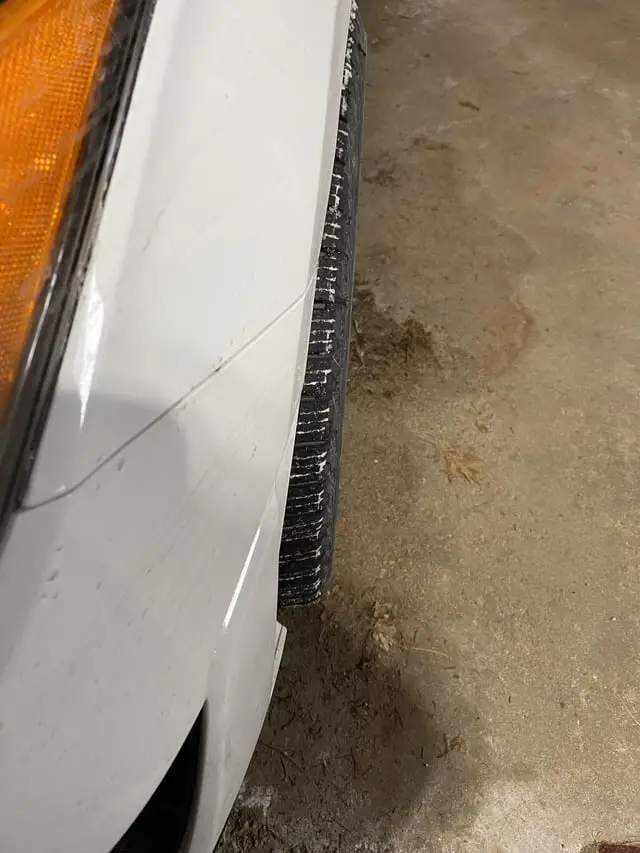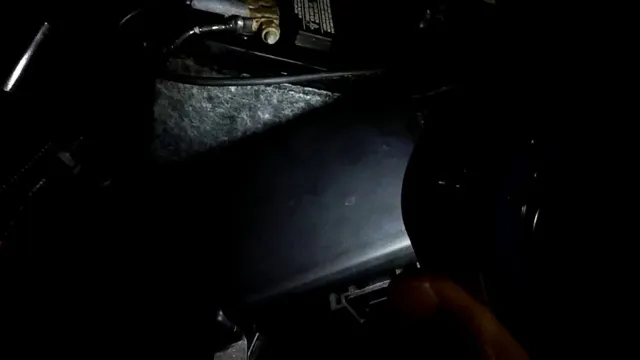Homemade Cb Noise Filter: Effective DIY Solutions
Are you tired of the constant static and interference while using your CB radio? You’re not alone. Many CB radio users struggle with unwanted noise that can disrupt communication and diminish the overall experience.
Thankfully, building a homemade CB noise filter can significantly reduce or eliminate these annoying interferences. In this comprehensive guide, we’ll walk you through the steps to create your own CB noise filter, so you can enjoy clear and uninterrupted communication.
Understanding CB Radio Noise
Before diving into the process of building a homemade CB noise filter, it’s important to understand the various types of interferences that can affect your CB radio performance. Common sources of CB radio noise include:
- Electrical interference from nearby electronic devices
- Engine ignition noise in vehicles
- Atmospheric conditions and weather disturbances
- Man-made interference from power lines and industrial equipment
These interferences can manifest as static, whining, buzzing, or popping sounds, making it challenging to communicate effectively over the CB radio.
Building Your Homemade CB Noise Filter
Now that you understand the sources of CB radio noise, let’s explore the step-by-step process of creating your own noise filter:
Materials You’ll Need
- Coaxial cable
- Ferrite beads
- Soldering iron and solder
- Wire cutter/stripper
- Electrical tape
- Plastic housing or project box
- Drill (if using a project box)
Building Steps
Follow these steps to build your homemade CB noise filter:
- Prepare the Coaxial Cable: Cut the coaxial cable to the desired length, leaving enough slack to work with. Use the wire cutter/stripper to expose the inner conductors.
- Add Ferrite Beads: Slide several ferrite beads onto the exposed coaxial cable. The number of beads may vary based on the cable length and the level of noise you’re dealing with. Generally, 3-5 beads are a good starting point.
- Solder the Ends: Solder the ends of the coaxial cable to secure the ferrite beads in place. This will create a closed loop that helps suppress the interference.
- Insulate with Electrical Tape: To prevent any short circuits and secure the ferrite beads, wrap the soldered area with electrical tape.
- Enclose the Filter: If desired, place the assembled filter into a plastic housing or project box for added protection and durability. Drill holes for the cable to pass through and to provide ventilation if using a project box.

Credit: moonrakeronline.com
Installing and Testing Your Noise Filter
Once you’ve assembled your homemade CB noise filter, it’s time to install and test it. Follow these steps:
- Connect the Filter: Insert the filter in-line between your CB radio and the antenna. Ensure a secure connection on both ends of the filter.
- Power On and Test: Power on your CB radio and tune in to a clear channel. Listen for any improvements in audio quality and reduced noise levels. Make any necessary adjustments to the filter placement or number of ferrite beads based on the test results.
Final Thoughts
Congratulations! You’ve successfully built and installed your very own homemade CB noise filter. Enjoy the benefits of clear and uninterrupted communication on your CB radio without the annoyance of unwanted noise.
Remember, the effectiveness of the noise filter may vary based on the specific source and characteristics of the interference. Feel free to experiment with different configurations and additional filtering methods to optimize your CB radio setup.
Now, get ready to experience crystal-clear communication and make the most out of your CB radio experience!
Frequently Asked Questions On Homemade Cb Noise Filter: Effective Diy Solutions
What Is A Cb Noise Filter?
A CB noise filter is a device that reduces interference and static in CB radio signals.
How Does A Homemade Cb Noise Filter Work?
By suppressing unwanted signals and allowing clear transmission, a homemade CB noise filter improves CB radio performance.
What Are The Benefits Of Using A Homemade Cb Noise Filter?
Using a homemade CB noise filter can improve communication clarity and reduce the impact of interference.
Can I Make A Homemade Cb Noise Filter Easily?
Yes, making a homemade CB noise filter is relatively simple and can be done with readily available materials.






